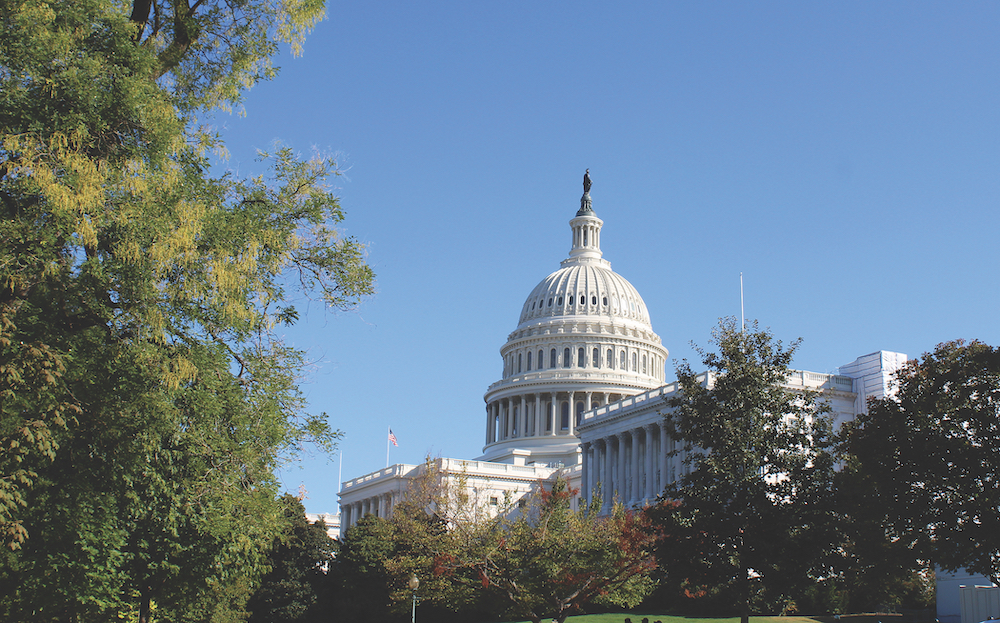Rhode Island and Louisiana pass dental loss ratio bills

Lawmakers in Louisiana and Rhode Island passed bills that hold dental insurance companies accountable, requiring more specifics on what plans are paying for.
They fall under the category of dental loss ratio bills, which regulate the portion of insurance premiums spent on patient care rather than overhead. Rhode Island and Louisiana join Virginia in passing legislation this year. Arizona, California, Colorado, Maine, Nevada, Massachusetts, New Mexico and Washington adopted DLR laws prior to 2024.
Rhode Island’s bill requires dental insurers to submit specific financial data to the insurance commissioner who will analyze the information and provide a recommendation with respect to a minimum dental loss ratio. Louisiana’s bill provides transparency of patient premium expenditures for dental health care services to help patients better understand their dental insurance products.
In Rhode Island, Senate Bill 2873 requires the commissioner to analyze carriers’ financial data for 2023, 2024 and 2025 and submit a recommendation in 2026 with respect to a minimum dental loss ratio. Carriers are assessed a fee to cover the costs of conducting the analysis. The law also requires the commissioner to provide a recommendation on requiring dental health carriers to offer a full range of comprehensive dental benefit plans, including 100% coverage options.
Procedures for dental carriers to report incurred claim and earned premium data will be approved by the commissioner. Expenditures that insurers report as ‘incurred claims’ are meant to represent amounts insurers spent on covered dental care procedures. However, adding insurers’ charitable contributions to that figure is allowed. The Rhode Island Dental Association made certain that charitable contributions reported by insurers only would qualify as ‘incurred expenses’ if they are targeted to improving access to dental care for disadvantaged and underserved populations.
Earned premiums refer to premium revenue received minus federal and state taxes and assessments, as well as pass-through payments made by the dental health insurance carrier as a billing convenience for commissions or fees charged by a broker or consultant retained by the group or individual receiving coverage.
“The commissioner will now determine the current [dental loss ratio], what it should be, and set goals for the insurance companies to improve their dental plans,” said Rhode Island Dental Association Executive Director Aaron Guckian. “This was a huge victory for our patients, our dentists and our members. We’re not, however, stopping here. The Rhode Island Dental Association has a robust legislative agenda which we will be tackling next year. This is only the beginning.”
Louisiana’s Senate Bill 463 leans into the model adopted in January by the National Council of Insurance Legislators. The law requires insurers to file a dental loss ratio report annually where the information will be posted in a searchable format on the state’s Department of Insurance website. The law also requires dental insurers to provide the number of enrollees in their plans, the plan cost sharing figures, deductible amounts, annual maximum coverage limits and the number of enrollees who meet or exceed the annual coverage limits.
According to Annette Droddy, executive director and CEO of the Louisiana Dental Association, the “milestone legislation” supporting Louisiana dentists and their patients.
“SB 463 is milestone legislation for the Louisiana Dental Association and supports our mission to protect Louisiana dentists and their patients. Just like in medical insurance, patients and their employers deserve visibility into how much of their dental insurance premiums are paying for care, as opposed to administrative costs. Transparency and reporting will give consumers the opportunity to have choices in selecting a quality dental plan,” she said.



